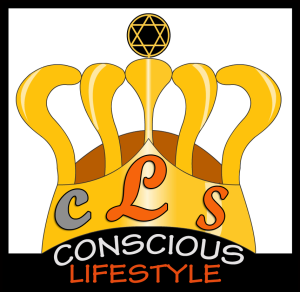Blog
Conscious Lifestyle Education > Blog > 21st to 25th of december > Delusions and hallucinations caused by drug prescriptions
Delusions and hallucinations caused by drug prescriptions
- January 2, 2019
- Posted by: admin
- Category: 21st to 25th of december Europe Medical system Mind
No Comments
After long periods of use of prescriped drugs can cause psychotic symptoms which mimic those experienced by individuals with schizophrenia, bipolar disorder, or other mental illnesses involving psychosis.
Psychosis Due to Drugs
Many recreational and prescription drugs can induce psychotic symptoms that can mimic serious psychiatric disorders.
Drug-induced psychosis has been associated with suicidal thoughts, dangerous and violent behavior, hospitalization, and arrests.
Psychosis is a condition characterized by delusions and hallucinations, and is commonly associated with mental illness.
- Delusions occur when a person believes something outside of what is really going on despite any external argument or contradiction to such beliefs.
- Hallucinations are perceptions (primarily visual and auditory, but sometimes tactile and scents) of things that aren’t actually present.
Examples of Psychotic Symptoms
Hallucinations
 Auditory: Hearing internal or external voices. Sometimes the voices may be arguing with each other or may tell the person what to do.
Auditory: Hearing internal or external voices. Sometimes the voices may be arguing with each other or may tell the person what to do.- Visual: Seeing things that aren’t really there. For example: shadows, people, or other perceptual abnormalities.
- Tactile: Feeling sensations that aren’t really occurring. For example: feeling bugs crawling on the skin.
- Olfactory: Smelling an odor around you that cannot be confirmed by others [2].
Delusions
- Erotomanic: A person with this type of delusion will believe someone (usually a famous person) is in love with him/her. Stalking is not uncommon in these cases.
- Grandiose: A person with delusions of grandeur will have an over-inflated sense of self-worth and power. He may believe he has some special type of talent or has made a grand discovery.
Jealousy: These delusions usually involve believing that a spouse or significant other has cheated even if there is no evidence this is the case. - Persecution: A person with persecution delusions may believe someone (often an authority figure) is spying on them and planning to do harm.
- Somatic: A somatic delusion occurs when a person believes he has a health problem, or some other bodily complaint, when no real symptoms are present [3].
Other symptoms of psychosis may include:
- Disorganized speech.
- Incoherent thoughts.
- Lethargy.
- Emotional changes (lack of emotion, difficulty expressing emotion, etc.).
- Antisocial behavior.
- Erratic behavior (sometimes violent and/or dangerous).
